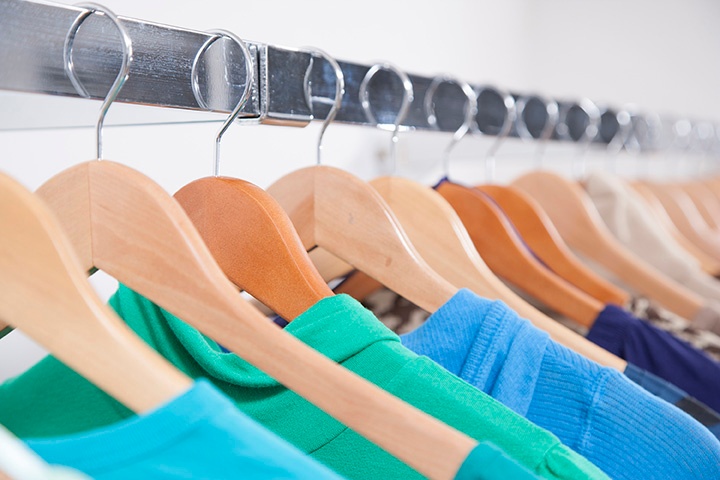Clothing is a basic human need, and the clothing industry is the second most polluting industry in the world.
Meeting this global need without jeopardizing the natural resources that drive our supply chains leads us to explore sustainable clothing, which is defined as clothes made from fibers that are the most natural and the least harmful to the environment. Such materials have less environmental impact and lower overall carbon emissions during production.
Cotton is the most commonly used raw material in apparel production, and also the most pesticide-intensive crop in the world. The use of pesticides has devastating effects on the environment and injures or kills many people every year. The need for change in the apparel industry should start from the very beginning of the production process, with manufacturers exploring alternative raw materials that will produce less environmental impact:
- Bamboo – hypoallergenic, absorbent and fast-growing. Processing bamboo uses less pesticides and fertilizers, and is considered a sustainable choice among other fabrics.
- Silk – a natural protein fiber produced by moths. Conventional methods can terminate the moth and cocoon in development; an alternative variation called ‘Ahimsa’ uses methods that do not harm the moth. Since it does not have the harsh dyes included in the conventional silk production method, it is also softer.
- Hemp – an ecological crop that is easy to cultivate and fast-growing. It can be used for clothing, nutritious food and building materials.
These alternatives should be promoted among manufacturers and consumers, as they help combat climate change. The more consumers know about the value of alternative materials for sustainable clothing, the more likely their purchasing behavior is to change, which may also inspire companies to explore sustainable alternatives.
One example is H&M, who aims by 2020 for all the cotton they use to be derived from sustainable sources, meaning the cotton must be organic or recycled. Topshop has started their Sustainable Clothing Action Plan, which will allow the brand to enhance the sustainability of their products across their lifecycle. Topshop has also signed up as a full member of the Better Cotton Initiative, which aims to develop cotton as a sustainable mainstream commodity.
With proper planning, the apparel industry can become more sustainable, which will help companies improve their bottom line while lessening their environmental impacts.
FirstCarbon Solutions (FCS), an ADEC Organization, is a leading provider of global environmental and sustainability solutions, offering fully integrated consulting, software and data management services. With expertise in consumer products, we develop cost-effective solutions to help manufacturers incorporate sustainability in their daily operations, bolstering profitability and ROI. For more information on sustainability and fashion, read this FCS blog article.
Related Articles
Industry-Apparel
By Robert Goldsand on October 30, 2018
Industry-Apparel | microplastics
Be a sustainability leader.
Our team supports you no matter where you are on your Sustainability Journey. Talk to us today to learn more.



